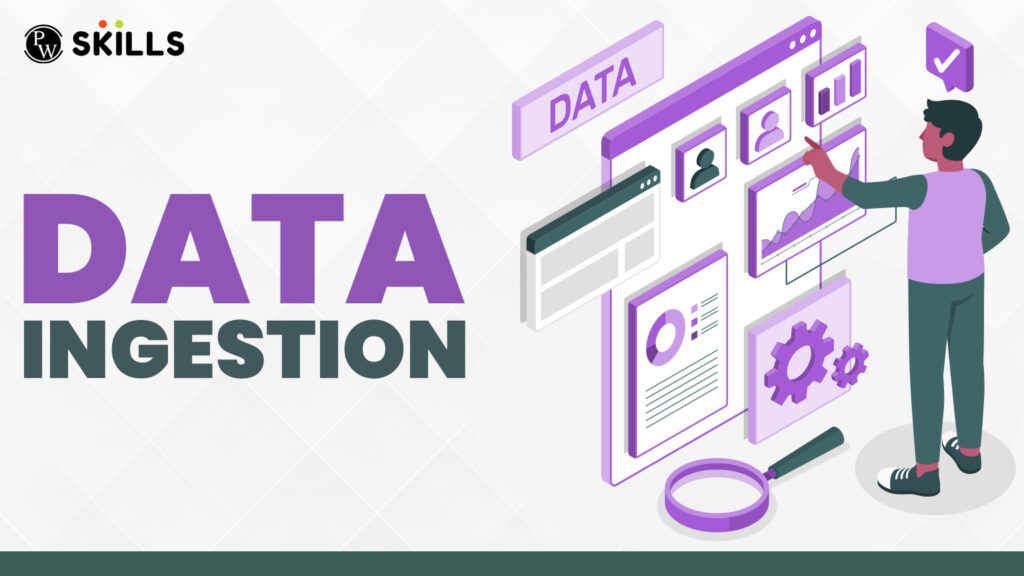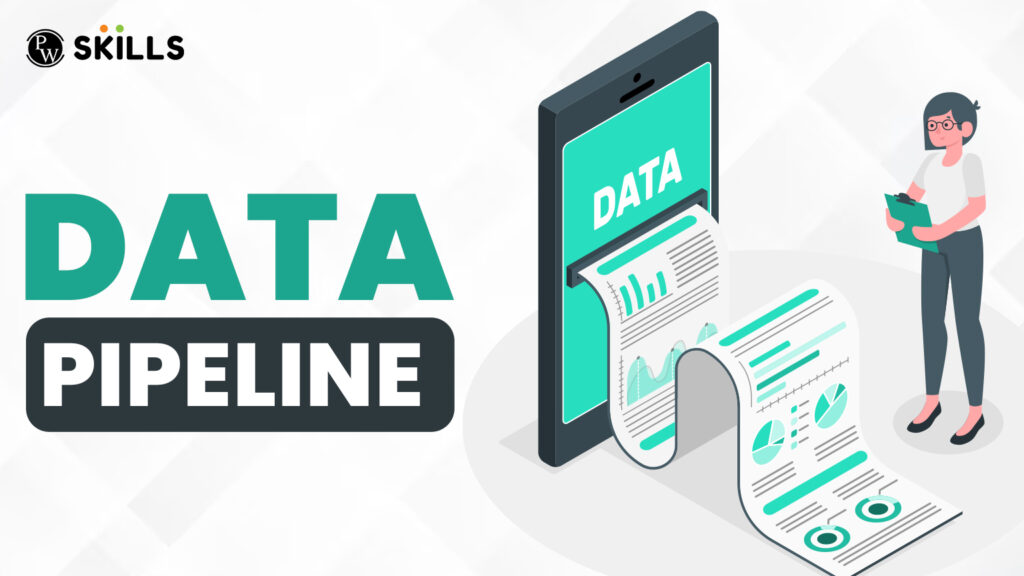For freshers looking to start a career in data science, there are several entry-level data scientist positions available that provide a solid foundation and hands-on experience in the field. Data science is in high demand due to the amount of data generated by businesses and individuals.
Companies need skilled professionals to analyze this vast amount of data and extract valuable insights to drive decision-making. The rise of technologies like artificial intelligence, machine learning, and big data analytics has further fueled this demand.
Data scientist positions help organizations improve efficiency, understand customer behavior, predict trends, and gain a competitive edge. As a result, there is a strong need for data science professionals who can turn complex data into actionable insights.
| Entry-Level Data Scientist Positions |
| 1. Junior Data Scientist |
| 2. Data Analyst |
| 3. Data Science Intern |
| 4. Research Assistant |
| 5. Business Intelligence Analyst |
| 6. Database Administrator |
| 7. Data Engineer |
| 8. Machine Learning Engineer |
What is Data Science?
Data science is the study of data to extract meaningful insights and knowledge. It involves collecting, organizing, and analyzing large amounts of data using various tools and techniques.
The goal is to find patterns, make predictions, and help businesses make informed decisions. Data scientists use a combination of various tools and techniques to interpret data. They work with data from different sources, such as customer information, sales figures, or social media activity. By understanding this data, companies can improve their products, services, and overall strategies.
Skills Required For Entry-Level Data Scientist Positions
For entry-level data scientist positions, several key skills are essential to help you succeed and grow in the field. Developing these skills will prepare you for entry-level roles and set a solid foundation for a successful career in data science. Here are the primary skills required:
- Programming Skills: Proficiency in languages like Python or R is crucial for data manipulation, analysis, and building machine learning models.
- Statistical Knowledge: A good understanding of statistical concepts and methods is necessary to analyze data and interpret results accurately.
- Data Manipulation and Analysis: Skills in using tools like SQL for database querying and libraries like Pandas for data manipulation are important.
- Machine Learning: Basic knowledge of machine learning algorithms and techniques, including how to implement them using libraries like Scikit-Learn or TensorFlow.
- Data Visualization: Ability to create visual representations of data using tools like Matplotlib, Seaborn, or Tableau to communicate findings effectively.
- Data Wrangling: Experience in cleaning and preparing data for analysis, dealing with missing values, and transforming data into a usable format.
- Critical Thinking: Strong problem-solving skills and the ability to think critically about data and its implications.
- Communication Skills: The ability to explain complex data insights in simple terms to non-technical stakeholders.
- Domain Knowledge: Understanding the industry or field you are working in can help make more relevant and impactful analyses.
Top Data Scientist Positions For Freshers
For freshers looking to start a career in data science, there are several entry-level positions available that provide a solid foundation and hands-on experience in the field. Here are some of the common data science positions for freshers:
1. Junior Data Scientist
A Junior Data Scientist is an entry-level role where you assist in analyzing data and building predictive models. Your responsibilities include collecting and cleaning data, exploring datasets to find patterns, and creating visualizations to communicate insights. You work closely with senior data scientists and team members to support various projects. This role provides a solid foundation for growth and advancement in the field of data science.
2. Data Analyst
A Data Analyst plays a crucial role in helping organizations make informed decisions by interpreting and analyzing data. Their primary responsibilities include collecting data from various sources, cleaning and organizing it, and performing statistical analyses to identify trends and patterns. They create reports, charts, and dashboards to visualize the data and present their findings to stakeholders in a clear and understandable way.
Key skills needed for a Data Analyst include proficiency in data manipulation tools like SQL, knowledge of statistical techniques, and familiarity with data visualization tools such as Excel, Tableau, or Power BI.
3. Data Science Intern
A data science intern assists experienced data scientists with various tasks, gaining practical experience in the field. Their role includes collecting, cleaning, and organizing data, performing basic data analyses, and helping build and test machine learning models.
Interns often create data visualizations and reports to communicate findings to the team. Key responsibilities include supporting project work, learning new tools and techniques, and contributing to problem-solving discussions. This role provides valuable hands-on experience and a strong foundation for a career in data science.
4. Research Assistant
A research assistant in data science supports research projects by collecting, analyzing, and interpreting data. They work closely with senior researchers to assist in experiments, data collection, and the preparation of reports and presentations.
Responsibilities include cleaning and organizing data, conducting statistical analyses, and creating visualizations to communicate findings. This role is ideal for those looking to gain practical experience and deepen their understanding of data science.
5. Business Intelligence Analyst
A Business Intelligence (BI) Analyst plays a crucial role in helping organizations make informed decisions by analyzing data and creating reports. Their main responsibilities include gathering data from various sources, organizing it, and using data visualization tools to create dashboards and reports.
BI Analysts interpret data trends to provide actionable insights that support strategic planning. Overall, a BI Analyst helps turn raw data into meaningful information that drives business success.
6. Database Administrators
Database administrators play a crucial role in managing and organizing data within an organization’s databases. Their responsibilities include ensuring the security, integrity, and performance of databases, as well as planning and implementing data backup and recovery strategies. They also monitor database usage and troubleshoot any issues that arise.
Key skills needed for this role include proficiency in database management systems like MySQL, Oracle, or SQL Server, strong problem-solving abilities, and excellent communication skills. Database administrators must also stay updated with the latest technologies and trends in database management to effectively maintain and optimize the database systems.
7. Machine Learning Engineer
A Machine Learning Engineer plays a crucial role in designing, developing, and deploying machine learning models to solve real-world problems. Their responsibilities include data preprocessing, model training, and optimization. They work closely with data scientists and software engineers to implement and scale machine learning solutions.
8. Data Engineer
A data engineer plays a crucial role in managing and organizing data to ensure it is accessible and usable for analysis. Their responsibilities include designing, constructing, and maintaining data pipelines, databases, and data warehouses. Key skills needed for this role include expertise in database management systems like MySQL or MongoDB, and the ability to work with big data frameworks such as Apache Hadoop or Spark.
Learn Data Science With PW Skills
Unlock the secrets of data science with PW Skills comprehensive Data Science Classes! Dive into the fundamentals of data science, and explore the exciting world of generative AI.
Whether you’re dreaming of becoming a data scientist or just want to boost your coding skills, this course is perfect for you! By learning through real-life examples and practical problems taught by expert industrialists and regular doubt-clearing sessions, you’ll grasp data science concepts quickly and efficiently.
Visit pwskills.com today and don’t miss this opportunity to supercharge your career growth!
Data Scientist Positions FAQs
What is a data scientist, and what do they do?
A data scientist is a professional who analyzes large sets of structured and unstructured data to gain insights and make data-driven decisions. They use various techniques such as statistical analysis, machine learning, and data visualization to extract valuable information from data.
What are the qualifications for data scientist?
A basic qualification required for becoming a data scientist includes a degree in a relevant field such as computer science, statistics, mathematics, or engineering. Additionally, proficiency in programming languages like Python or R, knowledge of statistical concepts, and experience with data analysis tools are beneficial.
How can I prepare for a data scientist interview?
To prepare for a data scientist interview, it's essential to review key concepts in statistics, machine learning, and data analysis. Practice coding in languages like Python or R and be prepared to discuss your previous projects and problem-solving approach. Additionally, familiarize yourself with common data science interview questions and be ready to demonstrate your analytical and communication skills.






